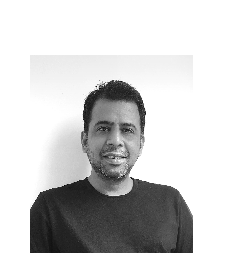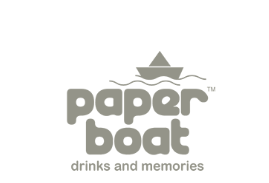Paper Boat forays into Publishing- Launches Fourth Book- Half Pants, Full Pants
India 5 January 2017: We’re delighted to introduce a whole new chapter in Paper Boat’s journey, replete with innocence and memories. India’s favorite ethnic drinks brand now forays into publishing new authors, bringing aspiring talent a platform for success. In the past, Paper Boat has reprinted timeless classics like Three Men in a Boat, Jungle Book and Ramayana - this time they launch their publishing arm with 'Half Pants, Full Pants', a collection of short stories by Anand Suspi.
Half Pants, Full Pants is a collection of short to very short autobiographical stories, about a little boy growing up in sleepy Shimoga. His father is a station master, so there's a huge railway theme throughout the book. As a child from a middle-class family, he has the kind of typical parents, friends, dilemmas and inevitable mischief led adventures that we can each relate with.
Paper Boat continues to pay homage, in their little way to RK Narayan – well, a little more recent-in-history version - which is why they picked this particular book to publish.
Half Pants, Full Pants is also available on Flipkart.
If this interests you, we’d love for you to have a chat with Neeraj Kakkar, Co- Founder & CEO, Hector Beverages and Anand Suspi, Author and see if we can let more people know about the fun stuff that Paper Boat does. Enclosed is a small bio of the author


ANAND SUSPI
An advertising writer for over 20 years, Anand started with Mudra, Mumbai in 1995 and subsequently spent a large part of his career in Lowe Lintas working under Balki. Anand was the Creative Head of Lowe Delhi between 2007 and 2010. Currently, he lives in Gurgaon and is the co-founder of an ad agency called AndAnd Brand Partners.
Half Pants Full Pants is his first book, a sort of childhood autobiography set in Shimoga of the 70s and 80s. Given the era and milieu that he grew up in, it carries a flavor similar to that of Malgudi Days. The notable difference would be that every story is real and the characters are all in their mid-40s now, often reminiscing about the gloriousness of their growing up years.
